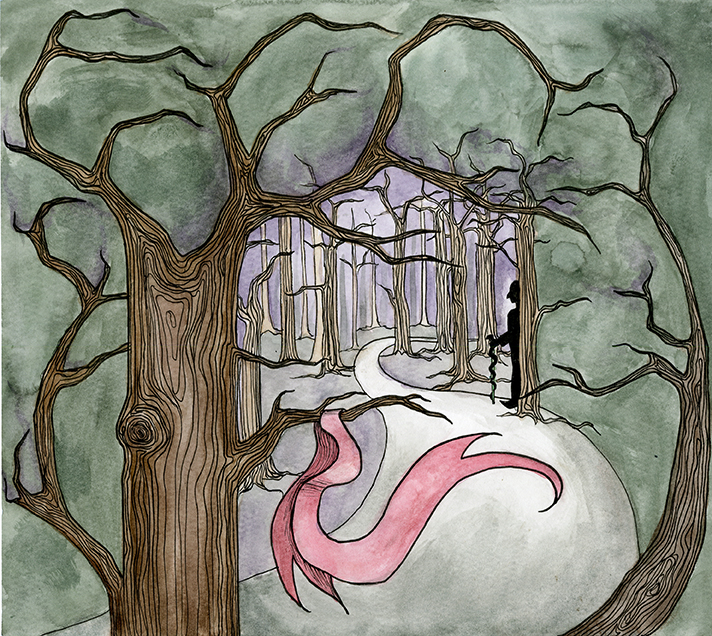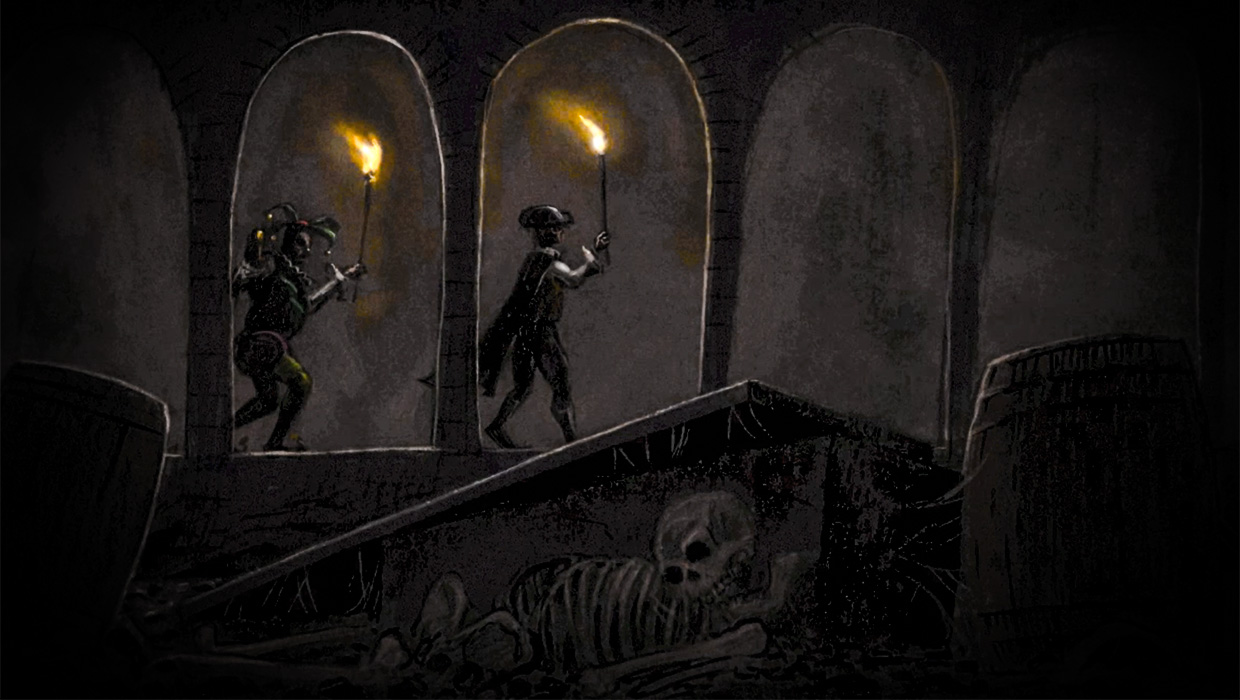JOURNAL 1 - The Cask of Amontillado by Edgar Allan Poe vs. Young Goodman Brown by Nathaniel Hawthorne
In my opinion there are lots of similarities in these two short stories.
First of all, both stories' central theme is the wickedness of people, the human hypocrisy, the guilty conscience. Secondly, it is hard to decide whether the events are described in the stories (burying a man alive, having a conversation with the devil, witnessing a black mass) truly have happened or they are just the products of the main characters' imagination. Thirdly, neither stories provide explanations for the reader, thus lots of questions arise after finishing the readings. For example, in Poe's story we read about the events of the murder itself without the real motivation of this cruel crime turns out. What horrible insults, what kind of injuries can lead somebody to bury alive his friend? As for Hawthorne's story, we do not know about the specific purpose of Young Goodman Brown. Why did he want to meet with the Devil, what was his 'evil purpose'? Both writers leave the reader guessing about many questions. Finally, the names of the main characters have symbolic meanings in the two stories. Montresor means 'my treasure' that can refer to either his perfect crime or the values of his ancient, noble family. The victim Fortunato's name indicates luck and fortune ironically. Young Goodman Brown represents the 'good man' who are able to resist the devil and his wife, Faith, symbolizes his faith in goodness. We can say that the names characterise their owners.
I enjoyed reading The Cask of Amontillado more because, even though it is about a shocking crime, it is ironic, sometimes comic, it is not so dark, depressive and dull than Hawthorne's writing. The setting is more pleasant as well, the story takes place during a carnival, Fortunato is drunk and he is wearing a clown costume with a tinkling cap. While in the other story we find ourselves in the middle of a gloomy, dreadful forest.
In Poe's story we can read about a confession of a man called Montresor who tells us how did he kill or took revenge in an extremely cruel way on his old friend Fortunato. During reading the story I had a feeling that Montresor did not just tell his act but he boasted of committing the perfect crime. He wanted to justify himself, he wanted to show that he was able to fulfil the slogan of his superior family. Hawthorne shows us a decent Puritan man who due to his experience, that is, witnessing a satanic ceremony, lost his faith in humankind and became a desperate, miserable, lonely man. I am wondering which ending is the worst? Fortunato died physically, but his influence on Montresor remains alive in Montresor's memory. Young Goodman Brown did not die physically but he could not lead a happy, joyful life any more, as if he would be a dead man.
I think both endings are brilliant, puzzling and thought-provoking at the same time.




